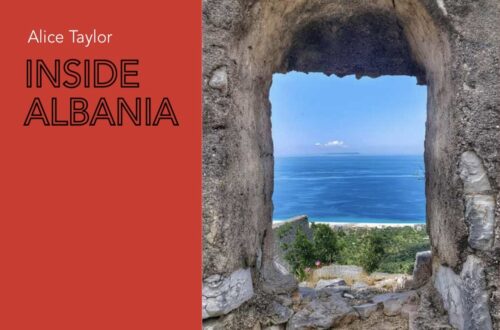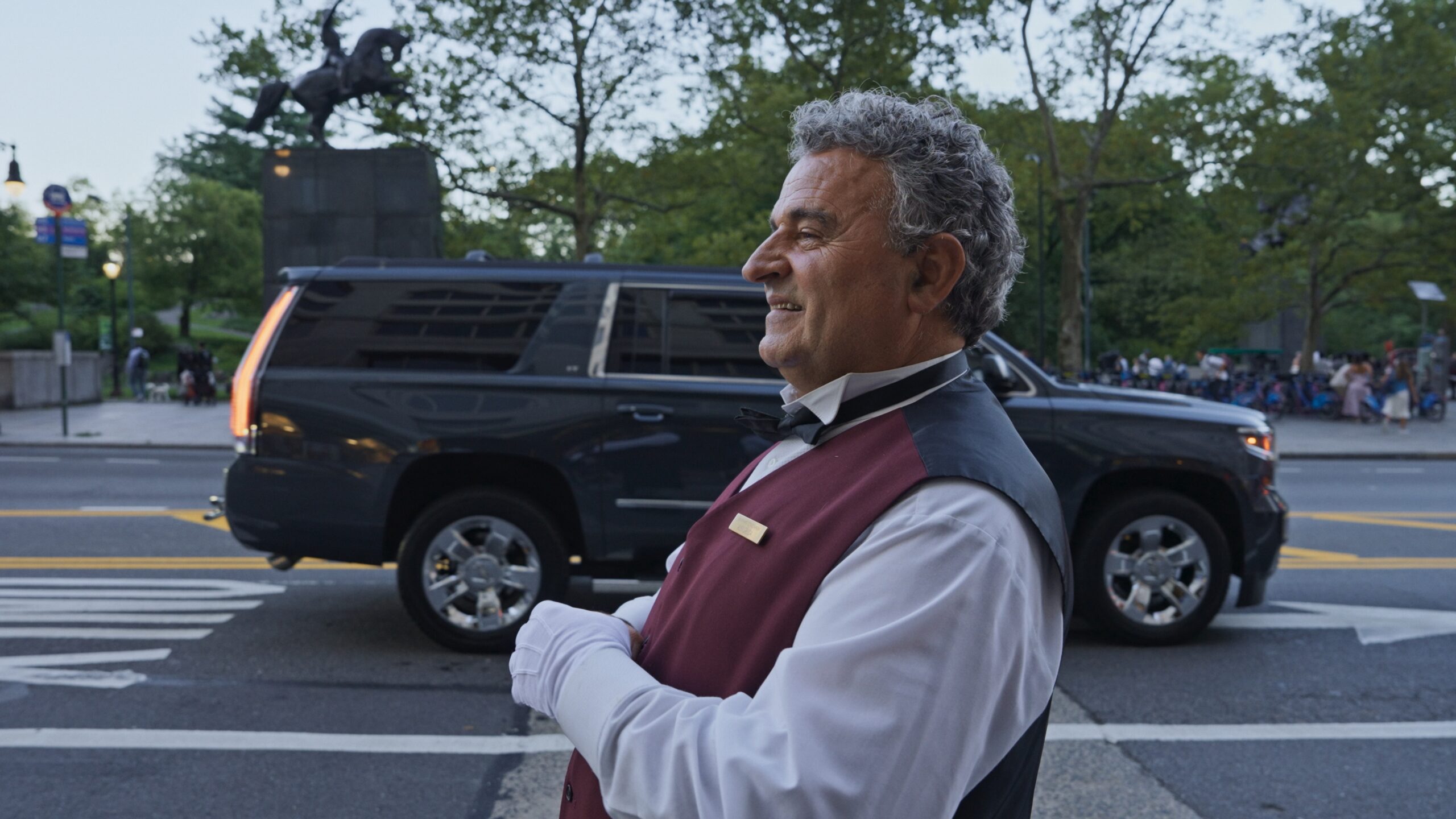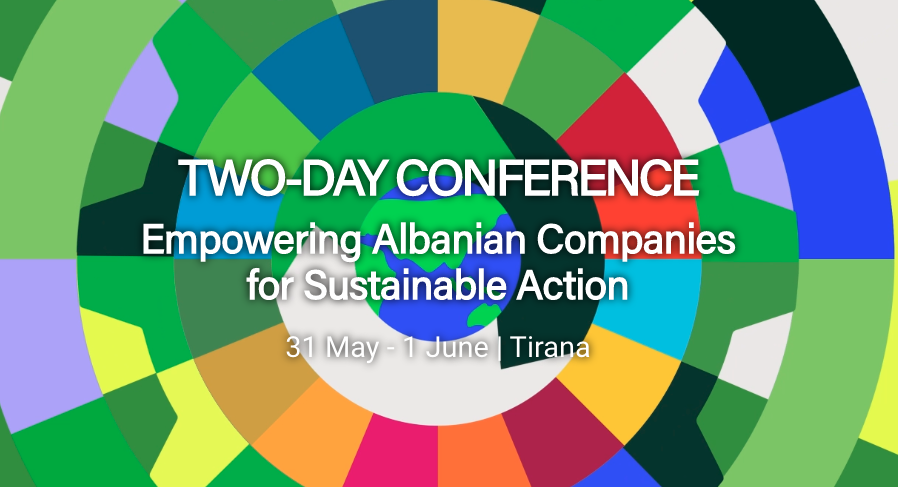There is a deep, dark secret in Albania that not many people talk about and that is the issue of human trafficking. I have lived here for over one year and whilst people talk quite openly about domestic violence, corruption, drugs, and other issues, no one wants to talk about human trafficking.
According to the US Department of State, the Albanian government does not fully meet the minimum standards for the elimination of trafficking, it seems the numbers and stats they publish on the matter are not reflective of the figures gathered by on-the-ground NGOs. Failures highlighted by a State Department report note that police fail to understand or be able to identify victims and possible victims and the government even prosecuted three victims for “crimes” they committed whilst being exploited, a direct contravention of the law that exempts victims in such circumstances.
Albania is a source, transit, and destination countryfor men, women, and children that are subjected to sex trafficking and forced labour. Many are sent abroad but Albanian women and children are found to be subjected to sex trafficking and forced labour within the country as well, particularly during tourist season. Traffickers prey on their victims and use tactics such as promising marriage or employment offers to force victims into sex trafficking. Social media is being used more frequently to recruit victims and there are a growing number of cases where a woman is trafficked by someone she believed she was in a relationship with. Romani children are also targeted and are forced to beg, work in cannabis fields, or be sent to Turkey for seasonal work in fields.
In terms of sex trafficking, Albanian victims are subjected to sex trafficking in countries across Europe, particularly Germany, Italy, Greece, and the UK.
Whilst it is almost impossible to define exactly how many men, women, and children are trafficked both inside and outside of Albania, most agencies estimate it could be as many as several thousand a year. These individuals are groomed, coerced, kidnapped, raped, beaten, and forced to travel to work as either sex workers, or forced illegal labour. They have their passports confiscated and every aspect of their life is controlled by their abusers. Some escape, some return home and face the “shame” that is bestowed upon them, some fall through the cracks and are never seen again.
In a BBC article published in 2017, one victim told her story:
“Seya was just 14 when she left a violent family home. She was sold into a trafficking ring by a man she thought was her boyfriend, and found herself in a terrifying network of underground crime, unable to distinguish between the pimps and their victims.
She was forced for months to sleep with several men a day, and “international clients” who paid more at night.
“I hate them,” she said, speaking with remarkable composure for someone so young. “I want them to get the punishment that they deserve, because to be under someone’s thumb, to do the things they want you to do for them… They steal your freedom – they use you, rule you – I don’t know, it’s very degrading.”
Another young woman in an Independent article told the story of how she was studying to be a lawyer when her father arranged a marriage for her. Having no say in the matter, she was made to move to Italy with her ‘fiance’ where they lived for two weeks before he sold her as ‘debt’ to cover what he owed a criminal gang.
“He sold me. I wished I was dead. The way he said it: ‘I’d rather your life than mine’. Now when I remember I just feel like I want to punch him. He wanted to save his life, so he sold mine. He owed them money so he sold me as his debt.”
Many campaigners believe that in order to make a significant dent in the horrifying statistics coming out of Albania, cultural attitudes towards women as second-class citizens need to be addressed, as does the issue of poverty, particularly in rural areas.
Mary Ward Loreto
Several local NGOs are working hard to not just eradicate the issue but to provide much-needed support to victims. One such organisation is Mary Ward Loreto.
Mary Ward Loreto is planting hope with a human rights approach to combating modern day slavery. This challenging mission is implemented through the works of justice, education, grassroots action, and systemic change. Their aim is to eradicate poverty, the prime cause for trafficking. The organisation can trace its roots back to the 1600s, but it was only recently opened as a centre in Albania to assist with the vast challenges surrounding human trafficking.
Partnering with RENATE (Religious in Europe Networking Against Trafficking and Exploitation), URAT (The Unite Response Against Trafficking), Different and Equal Rehabilitation for Trafficking Victims, and Shkej- Little Angels Project for Roma Street Children. Mary Ward Loreto has also cultivated relationships with various NGOs locally and internationally, as well as three Albanian Universities, multiple municipalities, The Ministry of Education, The Ministry of Anti Trafficking, and many others.
Women
Over the first six months of 2018, MWL has worked with 1069 women, including 342 women who took part in life skills, health, and broad-based organising training, as well as training 90 healthcare professionals in best practices to increase their level of care for victims. The Advice Centre of Tirana has addressed over 114 cases during the same time frame, including cases such as domestic violence, mental health, PTSD, asylum seeking, legal aid, and access to social services. They have also distributed emergency packages with food, clothing, and medicine as well as provided social housing and accommodation for women in need. MLW workers have also been into prisons to mentor prisoners, as well as offering projects that encourage the development of economic prospects.
Men
In terms of men that MLW has helped, 22 men were helped with vocational training, and over 300 men participated in Human Development Trainings covering topics such as gender-based violence, anti-trafficking, safe migration, and the prevention of extremism. A future topic that will be taught will teach positive parenting. In addition to this, MLW has sent 60 men into three prisons to support prisoners with legal support and anti-trafficking workshops to help them better understand the issue of human trafficking in Albania.
Youth
MLW also works extensively with young people throughout Albania through offering a Focus Group Programme that works by enrolling youngsters in the programme and other vocational courses such as electrical work, mechanics, hairdressing, cooking and more. They also operate a Leadership Programme that helps young people gain confidence in themselves to help them be motivated to succeed both individually, and within their communities.
These are just some of the projects that MLW has undertaken in and around Albania during 2018. To continue the valuable work that they are doing, they need the help of donors and sponsors.
One of their fundraising efforts for 2018 will be a Gala Night that will consist of an auction, dinner, and entertainment and will be held on Friday, December 14thfrom 18:30 onwards at the Tirana International Hotel. Tickets cost EUR 40/ 5000ALL and the ticket price includes admission, dinner and drinks. To reserve your ticket please RSVP to [email protected] or call 0355 676053333




